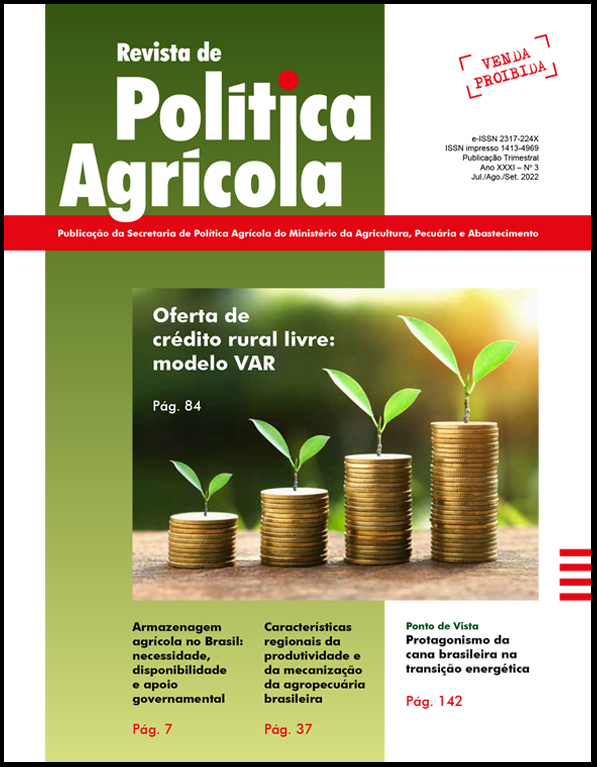The PNSA program and the institutional changes in the Brazilian poultry trade
Keywords:
Poultry, Douglass North, institutions, new institutional economics.Abstract
The production of chicken meat has been quite important for the Brazilian economy, showing a significant growth in recent years, which was influenced by exports and domestic consumption. In this context, we investigated the importance of institutions, as they provide the incentive structure of an economy which, as it evolves, it shapes the direction of the economy changes toward growth, stagnation, or decline. The objective of this article was to demonstrate how an institutional change interferes with the improvement of the development of the Brazilian poultry sector through institutional changes (IC), according to the theory of Douglass North. It is known that the process deliberated by the MIs brings new knowledge to the economic agents as a result of their actions. Therefore, this article shows how the regulatory evolution of the Brazilian poultry sector, through the national program of poultry health (Programa Nacional de Sanidade Avícola), was understood as an institutional change, according to the North´s theory, placing Brazilian poultry meat at the level of world market competition. Our hypothesis is that the PNSA is used as a mediator for the economic interactions between agents. This way, these interactions have the function of reducing the transaction costs to reduce the problem of uncertainty, facilitating the economic and social coordination.Downloads
Published
2022-10-03
How to Cite
Santos, W. D. dos, Neto, F. R. de M., Sousa, J. C. de, Cunha, C. A. da C. A. da, & Wander, A. E. (2022). The PNSA program and the institutional changes in the Brazilian poultry trade. Revista De Política Agrícola, 31(3), 26. Retrieved from https://rpa.sede.embrapa.br/RPA/article/view/1797
Issue
Section
Artigos Científicos


